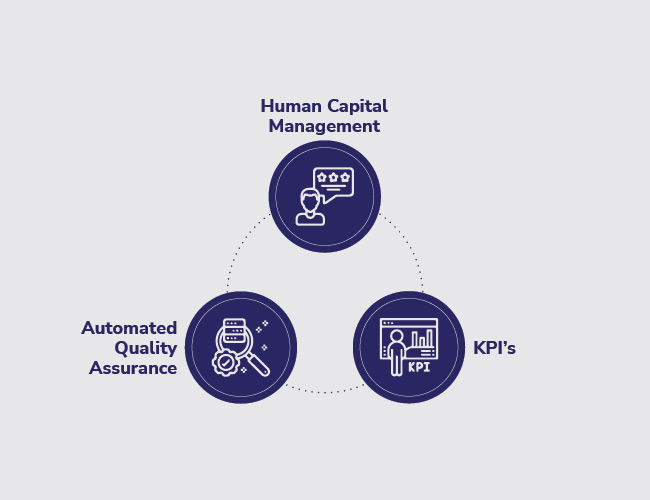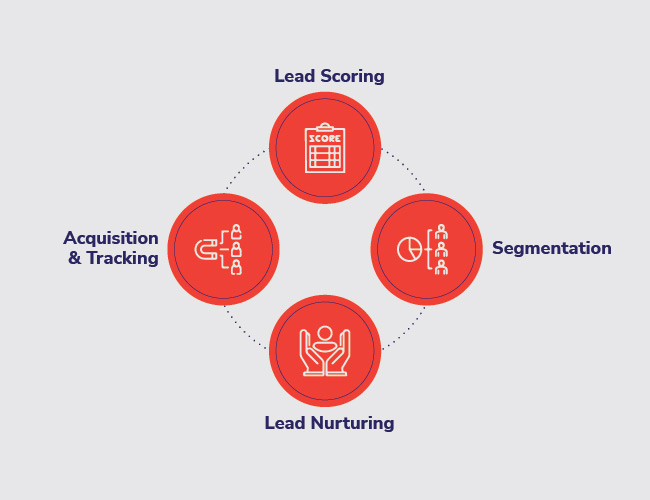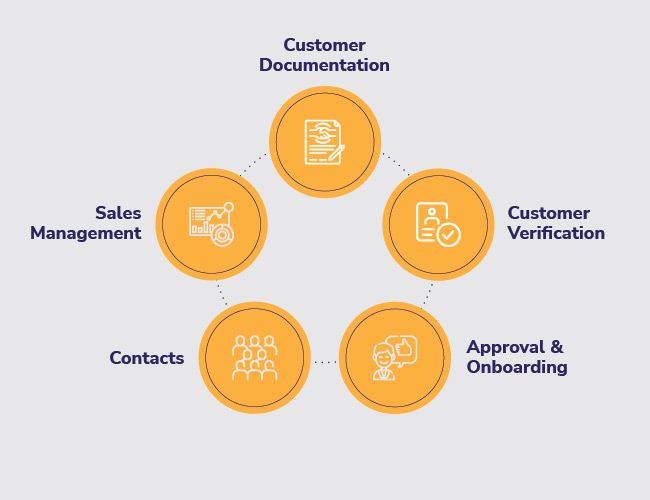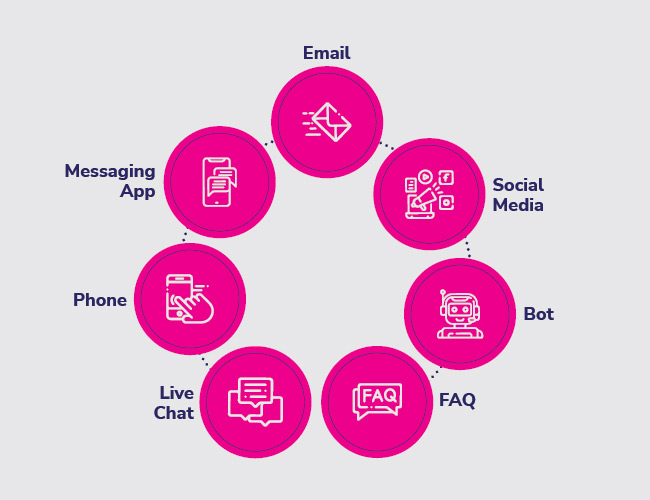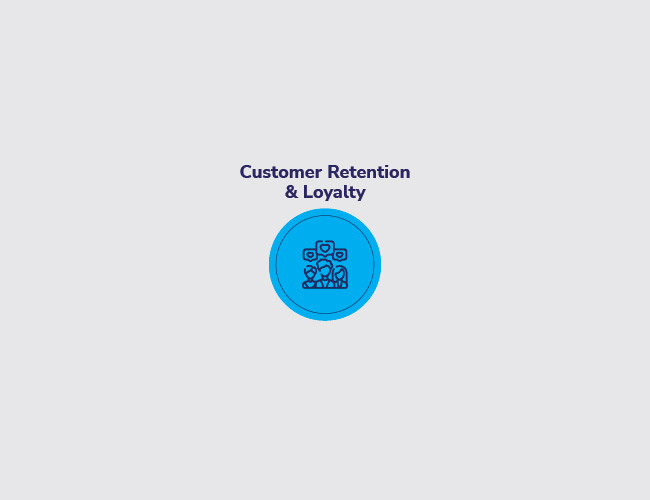
Why A Digital GRC Program and Processes Matter
GRC – Ensuring operational resilience.
Governance risk and compliance (GRC) is a critical component of enterprise resilience. As organizations face increasing risks from cybersecurity threats, regulatory changes, supply chain disruptions, and other challenges, effective GRC strategies can help mitigate these risks and protect the organization’s reputation, assets, and stakeholders.
To understand the importance of GRC for enterprise resilience, it’s helpful to consider some data and analyst insights. According to a study by PwC, 51% of executives surveyed identified cybersecurity as the top risk facing their organization. Meanwhile, 40% cited regulatory compliance as a significant concern.
Another report by Gartner noted that “cybersecurity and data privacy regulations are increasingly overlapping and require organizations to have a unified view of risks and controls.”
A survey by Deloitte found that 78% of respondents agreed that “risk management practices should be embedded into the organizational culture and decision-making processes.”
Reuters found that companies spend an average of 4.5 hours per week per employee on compliance activities, representing a significant investment of time and resources. By implementing GRC programs that are aligned with relevant regulations and standards, companies can not only save on employee time spent on GRC but also reduce the risk of non-compliance and avoid the associated penalties and legal costs.
Data points in the right direction
An effective GRC program and solution can help companies build resilience in the face of unexpected events. The COVID-19 pandemic has highlighted the importance of preparedness, as companies have had to quickly adapt to new ways of working and navigate supply chain disruptions. A report by Deloitte found that companies with strong GRC programs were better able to respond to the pandemic and maintain business continuity.
These data points illustrate the multifaceted nature of enterprise risks and the need for comprehensive GRC strategies.
Here are some ways that GRC can support enterprise resilience:
Governance: Effective governance practices can help ensure an organization’s alignment with its mission, values, and goals. This includes establishing clear roles and responsibilities, implementing ethical standards, and fostering a culture of accountability. By promoting transparency and oversight, governance can help prevent and detect misconduct and other risks.
Risk Management: Risk management is a critical component of GRC, as it helps identify, assess, and manage risks. By analyzing internal and external factors, organizations can better understand the likelihood and impact of potential risks and develop strategies to mitigate or transfer them. This can include implementing cybersecurity measures, diversifying suppliers, and creating contingency plans. This disciplined process often reveals opportunities that the enterprise can capitalise on.
Compliance: Compliance refers to the adherence to laws, regulations, and industry standards. In addition to minimizing legal and reputational risks, compliance can also help organizations improve their operational efficiency and competitiveness. By maintaining accurate records, conducting regular audits, and training employees on compliance requirements, organizations can demonstrate their commitment to ethical and responsible practices.
Governance risk and compliance (GRC) has become increasingly important for enterprise readiness to cope with risks and exploit opportunities while complying with regulations in today’s complex business environment. Companies are facing a multitude of risks, ranging from cyber threats and regulatory compliance to supply chain disruptions and geopolitical instability. Effective GRC programs can help organizations identify and manage these risks, ensuring that they can operate with confidence in the face of uncertainty.
One of the key benefits of a robust GRC program is the ability to proactively manage risk. According to a report by the Ponemon Institute, organizations that implement GRC programs experience a 20% reduction in the likelihood of a data breach. By identifying and mitigating risks before they occur, companies can avoid the high costs and reputational damage associated with cyber incidents.
Another important aspect of GRC is compliance. With an ever-increasing number of regulations and standards, compliance can be a daunting challenge for organizations. It is increasingly evident that effective GRC strategies are essential for enterprise resilience. By promoting good governance practices, implementing risk management strategies, and ensuring compliance with laws and regulations, organizations can better protect themselves against a wide range of risks.
In summary, effective GRC programs are critical for enterprise resilience in today’s complex business environment. By proactively managing risk, ensuring compliance, and building resilience, companies can operate with confidence in the face of uncertainty.
As the threat landscape continues to evolve, organizations that invest in digitised GRC programs (with integrated frameworks automated workflows and audit trails) will be better positioned to succeed in the long run.




 Nilesh Gupta
Nilesh Gupta
 Ramu Bodathulla
Ramu Bodathulla Mr. Raj Kumar Ahuja
Mr. Raj Kumar Ahuja Dr. Madan Bhalchandra Gosavi (B.A. (Hons.), LLM, M.Phil, PhD)
Dr. Madan Bhalchandra Gosavi (B.A. (Hons.), LLM, M.Phil, PhD) Mr. Umesh Mehta
Mr. Umesh Mehta Harish Shenoy
Harish Shenoy CA Uttam Prakash Agarwal
CA Uttam Prakash Agarwal Uttam Jhunjhunwala
Uttam Jhunjhunwala Ranjit Balakrishnan
Ranjit Balakrishnan Emmanuel N
Emmanuel N
 Rangapriya Goutham
Rangapriya Goutham Kiran Chittar
Kiran Chittar Sushant Purushan
Sushant Purushan Mohan TS
Mohan TS Sanjay Rawa
Sanjay Rawa Dr. Aruna Sharma
Dr. Aruna Sharma Mr.Avtar Singh Monga
Mr.Avtar Singh Monga Mr. Thompson P. Gnanam
Mr. Thompson P. Gnanam Ms. Zohra Chatterji
Ms. Zohra Chatterji Dr. Kalyan Krishnamoorthy
Dr. Kalyan Krishnamoorthy







 Mr. Pravir Vohra
Mr. Pravir Vohra Viraf Sirvala
Viraf Sirvala

 Amrita Gangotra
Amrita Gangotra